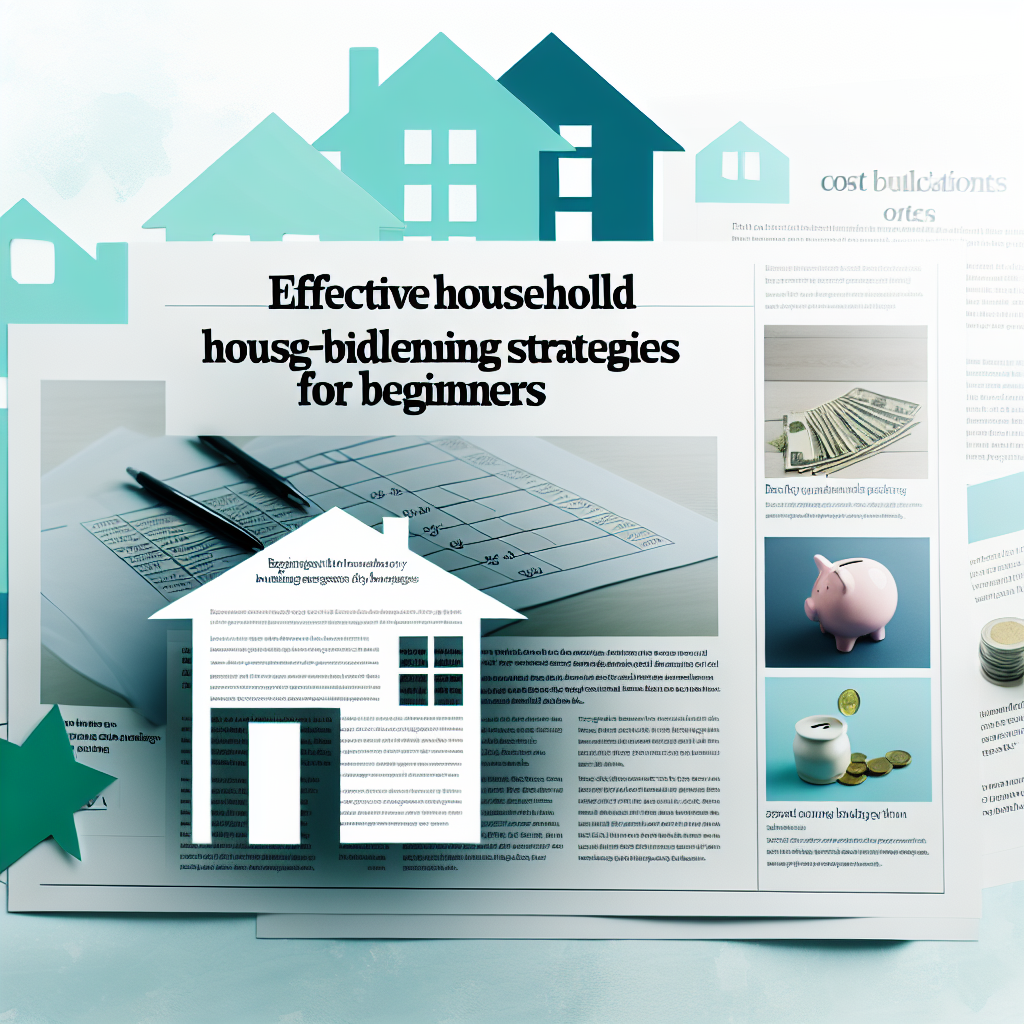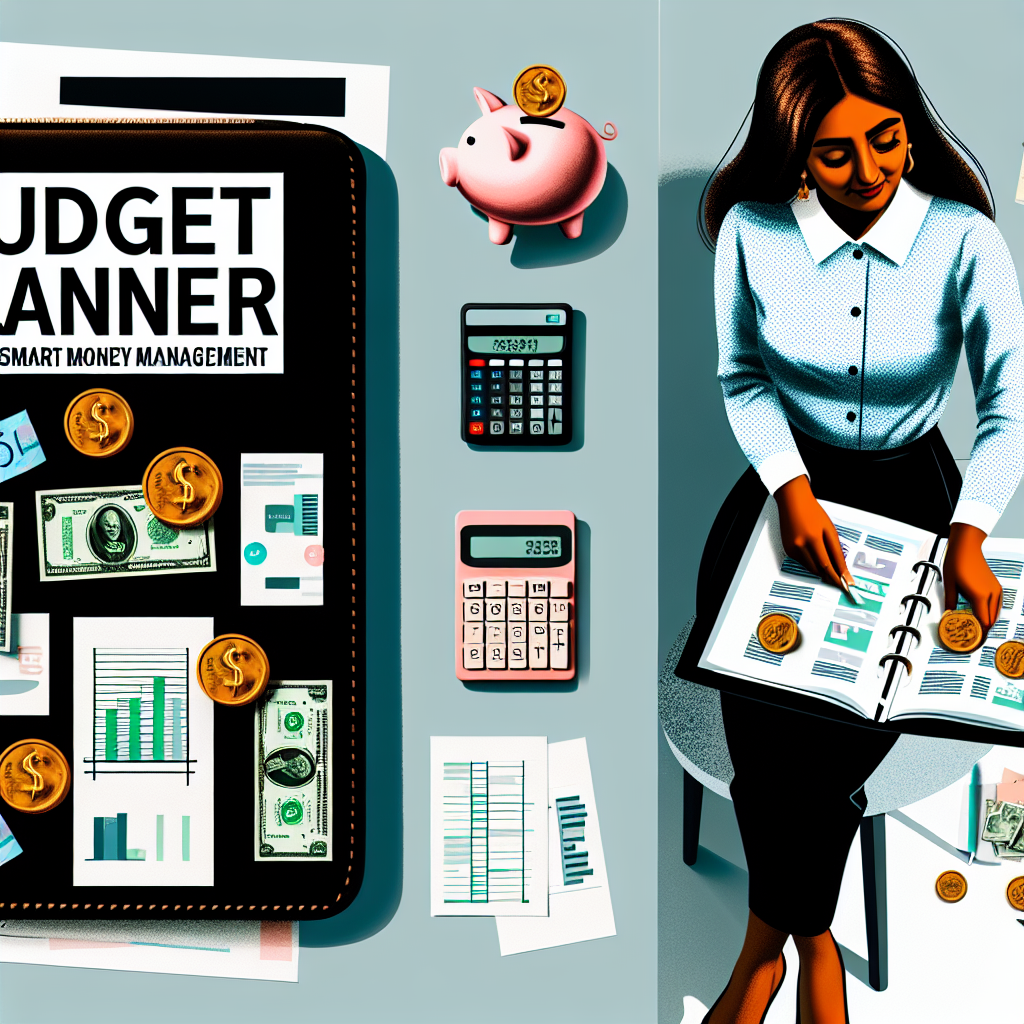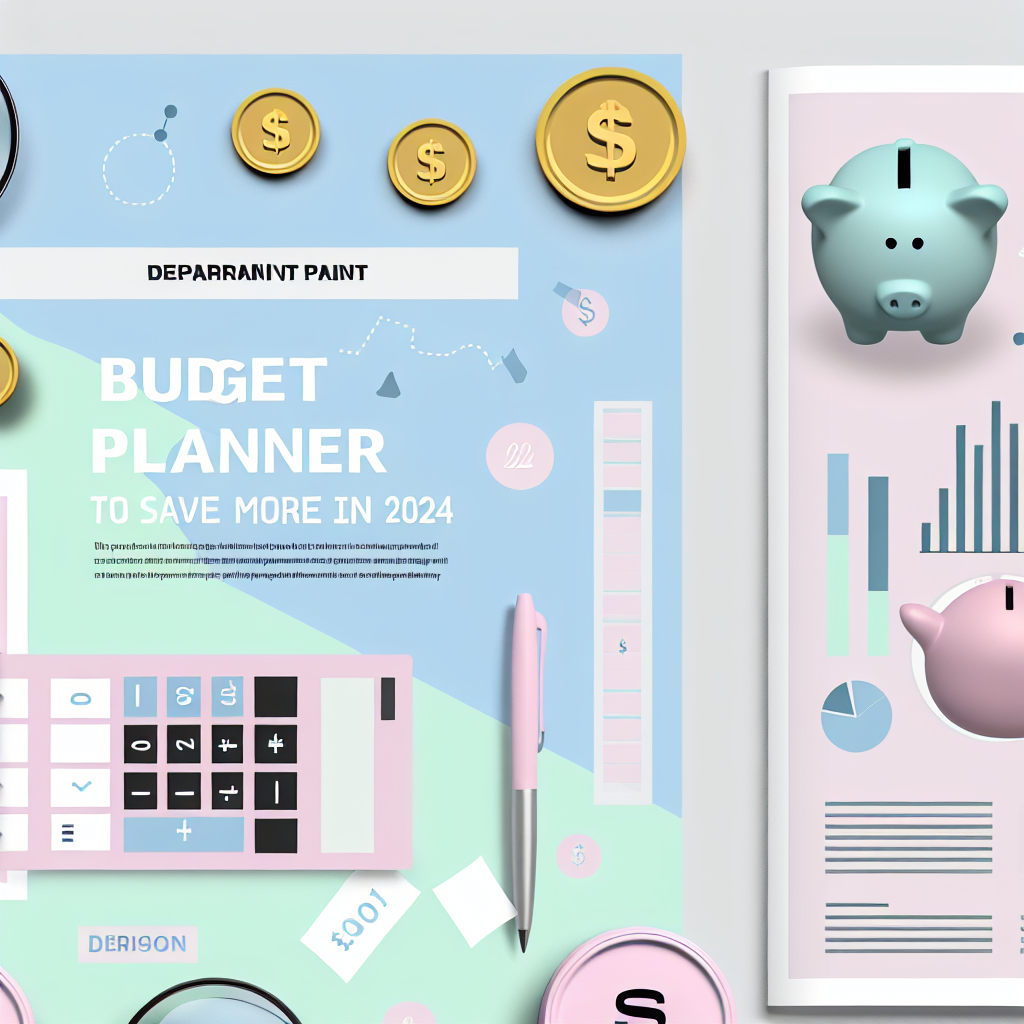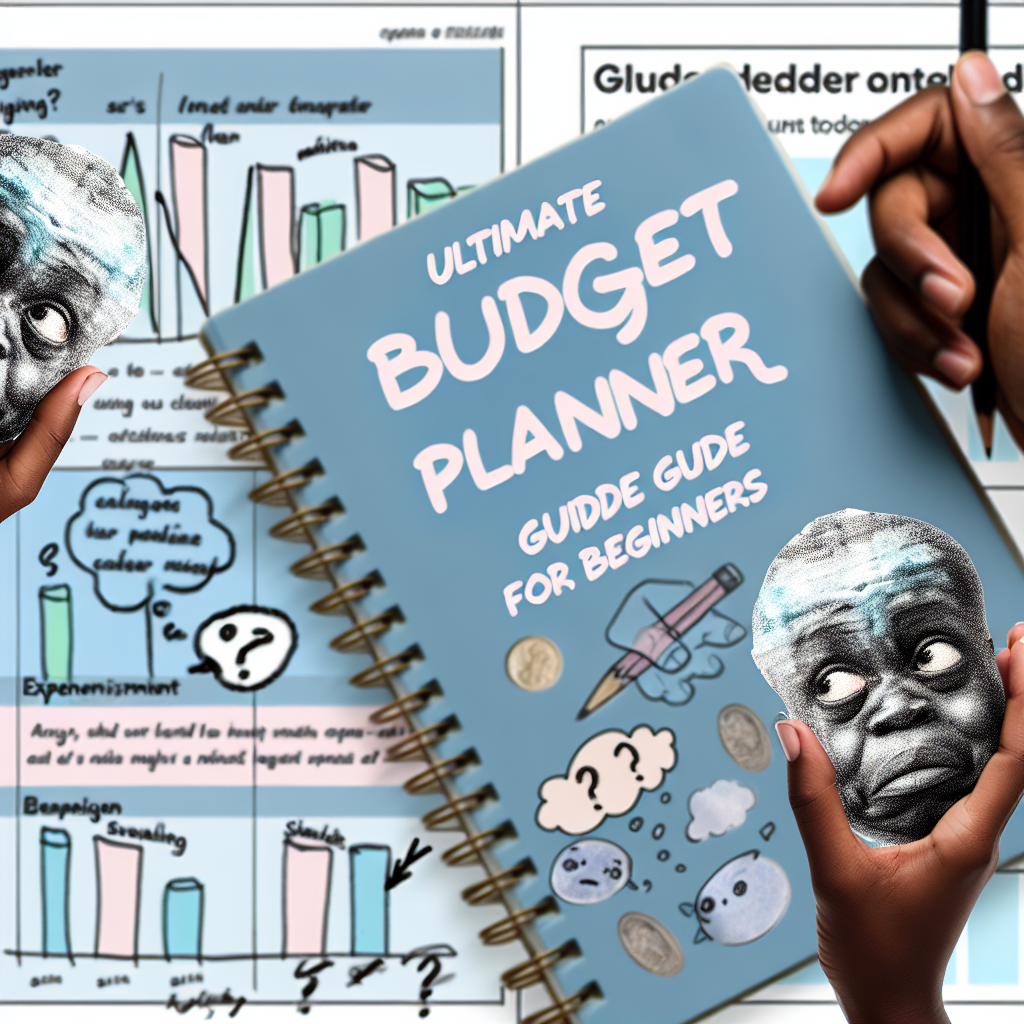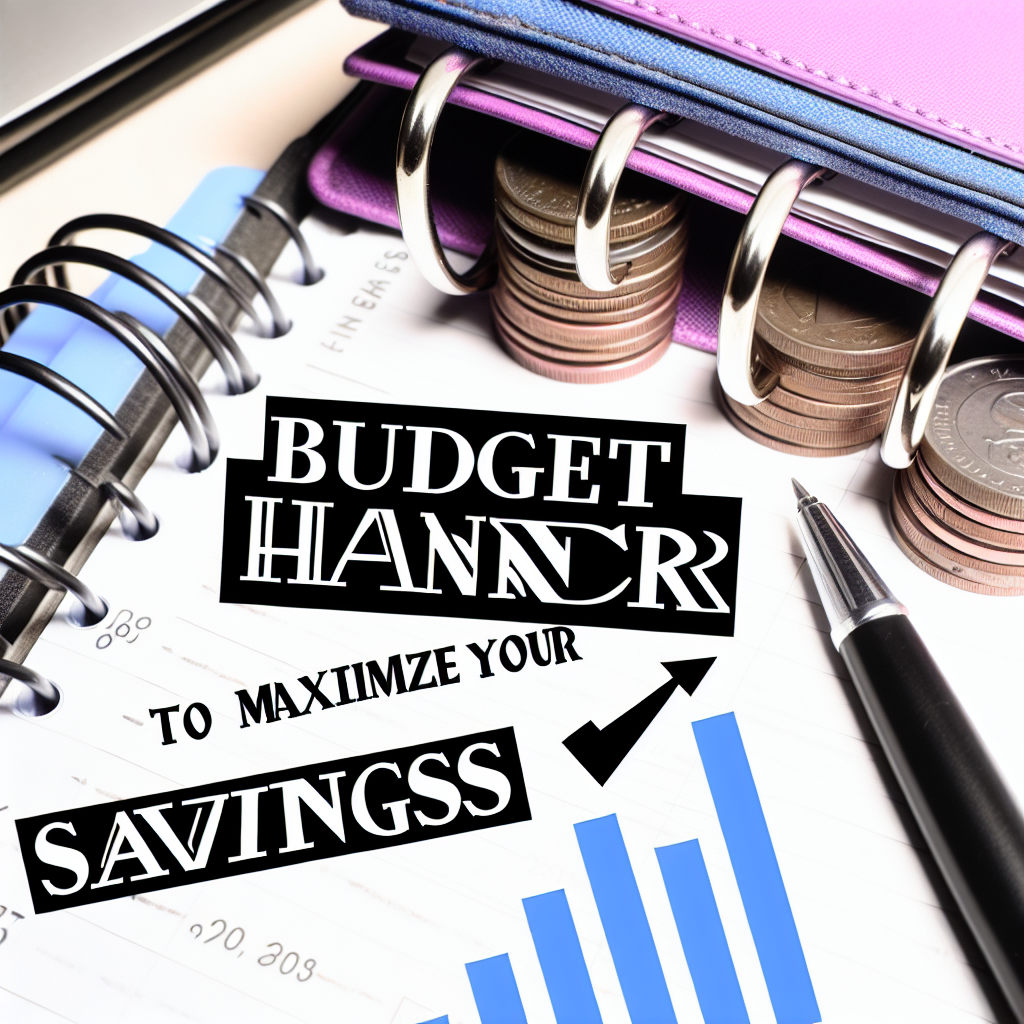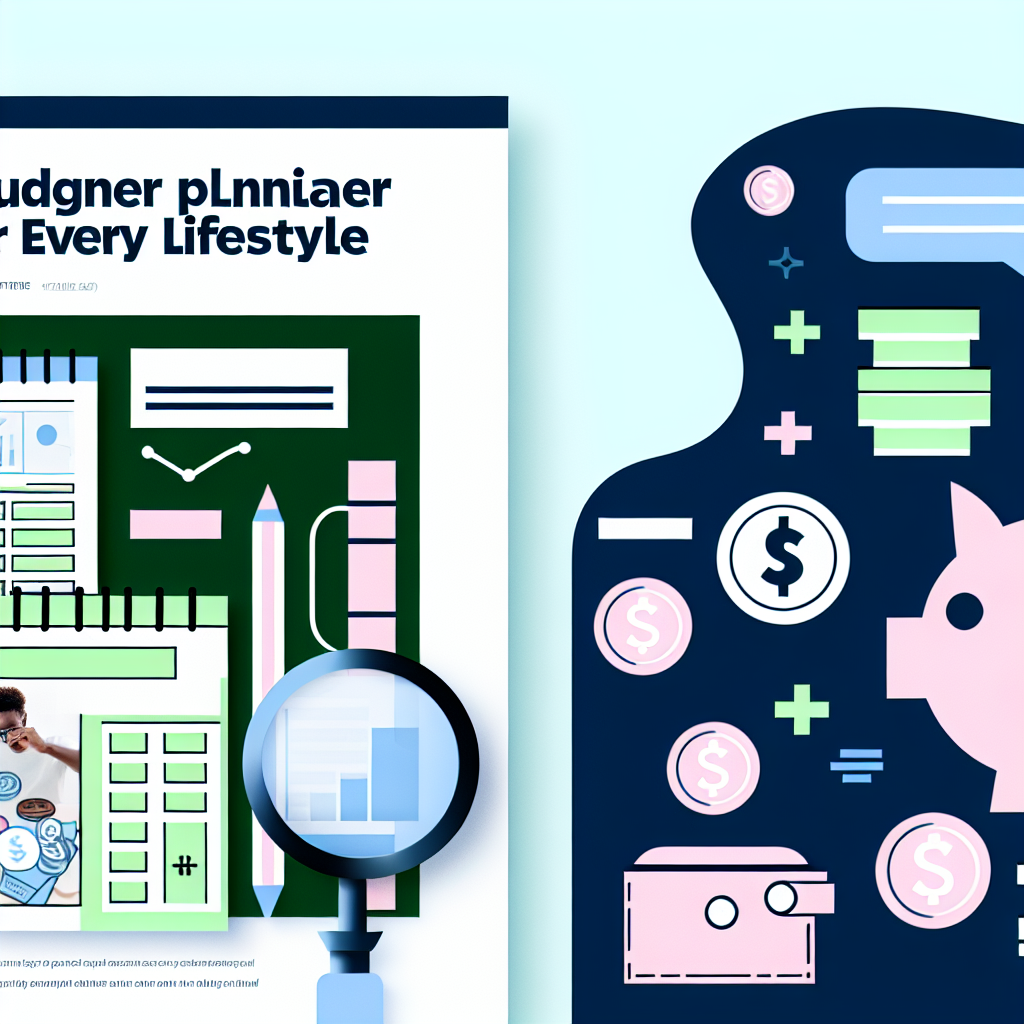=
I still remember the night I made my very first “budget.” It was scribbled on the back of a takeout receipt, stained with coffee rings and crossed out more times than I could count. In giant letters, I’d written: “NO SPENDING.” Bold, right? Except, spoiler alert: it didn’t work. Not even close. I lasted two days before I caved and bought a $7 latte that tasted like regret and a little bit of defeat.
That messy little attempt was my introduction to what I now call “Effective Household Budgeting Strategies for Beginners.” Back then, I thought budgeting was about strict rules and willpower, like some kind of financial boot camp. But the truth I stumbled upon—after many, many failures—was way different.
The Moment It Clicked
The turning point came when I realized budgeting isn’t about punishing yourself or cutting out every fun thing. It’s about understanding your money like you’d understand a friend who sometimes lets you down but means well. Budgeting became less about rigid numbers and more about honest conversations with myself. It was less “NO SPENDING” and more “What do I really need, and what can I live without today?”
That shift changed everything. Suddenly, I wasn’t trying to beat my finances into submission; I was learning to dance with them, step by imperfect step.
What Actually Helped Me (And Might Help You Too)
The first thing that actually worked for me was tracking my spending—not with fancy apps or spreadsheets, but just by jotting down every coffee, snack, or impulse buy in a little notebook. It was humbling to see how those $3 here and $10 there added up. But it also gave me a sense of control I’d never had before.
I remember being hesitant to try setting spending limits because I thought it would feel like a straightjacket. Instead, I started with one category: dining out. I gave myself a small, realistic amount each week and treated it like a mini challenge. Some weeks I blew it, others I nailed it, but I never felt like I was failing because I wasn’t aiming for perfection.
This trick might sound weird, but creating a “fun fund” changed everything for me. I set aside a tiny bit of money just for guilt-free spending—whether it was a new book, a silly snack, or a streaming rental. It took away the “all or nothing” pressure and made budgeting feel less like a chore and more like a tool for freedom.
Another thing I learned was to review my bank statements regularly, even if it felt scary. Ignoring them was like pretending the rain cloud over my head didn’t exist. Once I faced the numbers, I could start to see patterns and make small adjustments that added up over time.
I Get It—Budgeting Feels Hard
I know what you might be thinking right now: “This sounds hard,” or “I don’t have enough money to start.” Let me tell you, I thought the exact same thing. I used to believe budgeting was only for people who had extra cash lying around or fancy degrees in finance. But it’s not. It’s for anyone who’s ever felt anxious about money, who’s ever wished they had a little breathing room in their bank account.
If you’re worried about failing, I get it. I failed a lot. But each mistake was a tiny step forward. It’s okay if your budget isn’t perfect. It’s okay if you slip up. What matters is that you keep showing up for yourself.
A Small Step Toward Peace
If you take one thing from this, let it be this: start small. Maybe today, just write down one thing you spend money on and how it makes you feel. No judgment, no pressure. Just a little moment of awareness.
You’re not alone in this messy, imperfect journey. I’m rooting for you, and I promise that every tiny step you take toward understanding your money is a step toward peace. Your budget isn’t a punishment—it’s a way to take back control, one coffee-stained receipt at a time.
💡 Want more tips like this? Explore more ways to save funds and plan your budget wisely!

